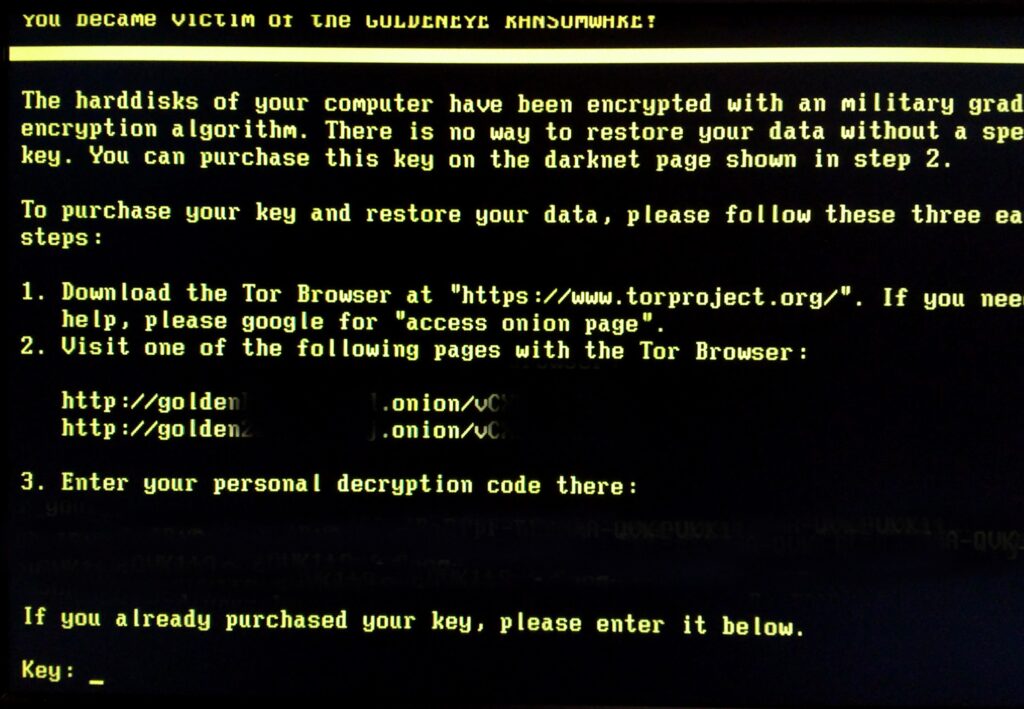
Behind every ransomware attack lurking in your news feed lies an uncomfortable truth: the victims are bankrolling their own tormentors. Like a digital protection racket that would make Tony Soprano blush, this shadow economy thrives on corporate shame and regulatory fear.
The numbers tell a story your favorite tech companies don’t want you hearing. For every disclosed ransomware attack making headlines, five more companies keep it secret, quietly wire cryptocurrency payments to cybercriminals, hoping nobody notices. This isn’t just corporate cowardice—it’s the financial engine powering ransomware, which costs victims $57 billion annually and directly threatens every device you own.
Your smartphone’s security patches exist because companies got hit first. Your laptop’s endpoint protection evolved from enterprise systems breached by ransomware gangs who used secret corporate payments to fund better malware. It’s like watching Netflix subscribers unknowingly finance piracy operations.
Some analysts believe that for every disclosed ransomware attack, up to five more are kept secret, with payments made quietly to avoid market panic or regulatory scrutiny. These clandestine transactions flow through cryptocurrency networks, often facilitated by specialized negotiators who treat digital extortion like any other business deal.
Companies justify their silence with boardroom logic: why trigger regulatory investigations or stock price drops when you can quietly resolve the problem? The average ransom demand hits $5.2 million, but actual payments average $1 million—a “discount” that feels reasonable until you realize it’s funding tomorrow’s attacks.
This secrecy creates a feedback loop more vicious than algorithmic social media engagement. Ransomware groups reinvest payments into advanced encryption, better evasion techniques, and expanded target lists that inevitably include the consumer technology ecosystem you depend on daily.
Even as payment rates drop to historic lows—just 25% of victims now pay—the total damage keeps climbing. Companies face average costs exceeding $5.5 million per attack, combining ransom payments, recovery expenses, and reputation management.
Check Point Research warns: “Stronger regulation and public transparency are needed to disrupt this cycle; otherwise, secret payments will continue to bankroll the next wave of attacks.” But enforcement remains patchy across international borders, leaving cybercriminals free to evolve faster than the technology protecting your data.
The bitter irony? Your digital security depends on corporate courage most companies simply don’t possess.
Last modified: August 4, 2025







